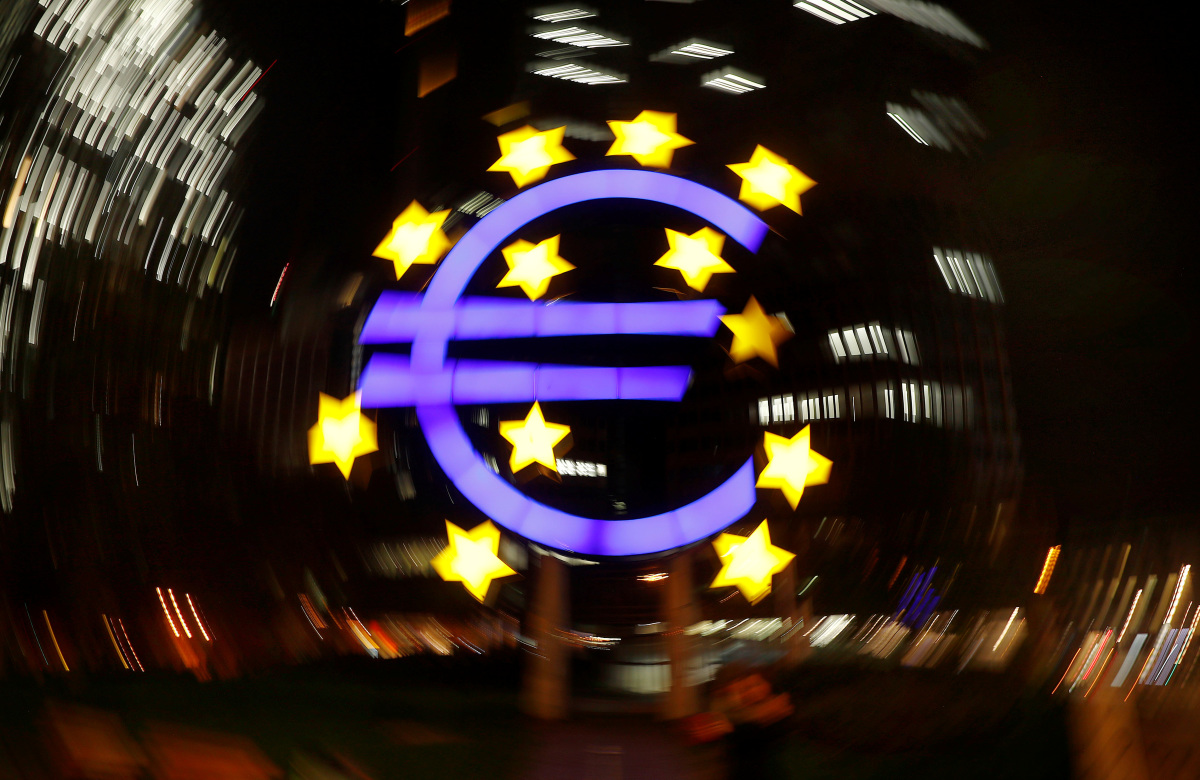KEY POINTS
- Chainalysis earlier downplayed crypto’s role in terror financing
- Elliptic said “there is no evidence to suggest that crypto fundraising has raised anything close” to the amount reported
- It said the Wallstreet Journal used misinterpreted data in the article
Elliptic has denied a Wall Street Journal report that said Hamas raised millions in crypto to fund its attacks on Israel. The London-based blockchain analytics firm clarified that there is “no evidence” of the militant group raising millions in crypto donations.
The report, titled “Hamas Militants Behind Israel Attack Raised Millions in Crypto,” was published on Oct. 10 in the aftermath of Hamas’ attack on Israel. U.S. lawmakers, including Sen. Elizabeth Warren, used the article to demand answers from the Biden administration on the use of crypto assets by terrorist organizations.
The report alleged Hamas raised approximately $41 million in crypto donations between August 2021 and June 2023, while its ally, the Palestinian Islamic Jihad, reportedly received around $93 million in crypto during the same time frame.
Blockchain analysis firm Chainalysis earlier downplayed crypto’s role in terror funding and noted the report might have overblown metrics and used “flawed analyses.”
In recent days following the horrific terrorist attack by Hamas in Israel, we have seen overstated metrics and flawed analyses of terrorist groups’ use of cryptocurrency, and feel compelled to address some misconceptions. 🧵
— Chainalysis (@chainalysis) October 18, 2023
Elliptic said the Wallstreet Journal used misinterpreted data in the article.
“However, there is no evidence to suggest that crypto fundraising has raised anything close to this amount, and data provided by Elliptic and others has been misinterpreted,” it said in a blog post.
The blockchain firm has also “engaged with the Wall Street Journal to correct misinterpretations of the level of crypto fundraising by Hamas.”
It assured the public that it has conducted “discussions with the office of Senator Warren to ensure that the relevant parties have a proper appreciation of the complexities and nuances of analyzing these wallets.”
“At Elliptic, our priority is to prevent the illicit use of cryptoassets, and for over a decade we have provided tools that allow our customers to identify and freeze these funds. Terrorist groups do make use of cryptoassets for public fundraising, but the amounts involved are tiny relative to other funding sources. Careful and detailed understanding of blockchain analysis is needed whenever approaching a nuanced and sensitive topic such as this, and the full context of any analysis should be provided by those using these insights,” it added.
In an earlier blog, Chainalysis said while “terrorist groups, including Hamas, Hezbollah, and the Palestinian Islamic Jihad are leveraging cryptocurrency” and “terrorist organizations have historically used and will likely continue to use traditional, fiat-based methods such as financial institutions, hawala, and shell companies as their primary financing vehicles,” terror financing is “a very small portion of the already very small portion of cryptocurrency transaction volume that is illicit, some terrorist organizations raise, store, and transfer funds using cryptocurrency.”







